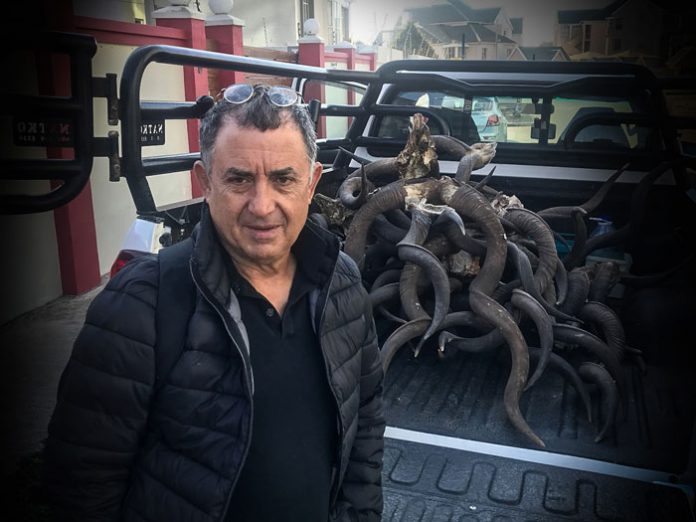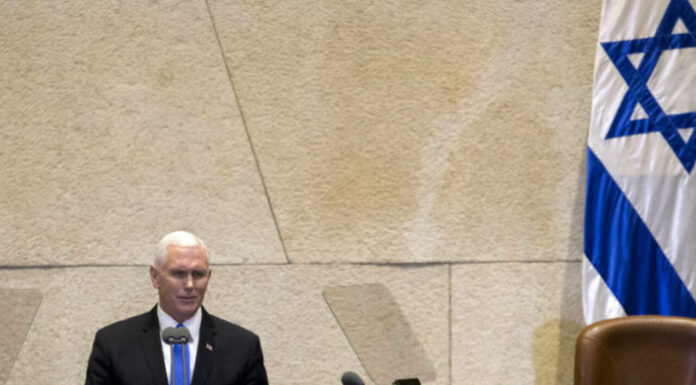Zvi Bar-Sheshet can talk about shofars all day. It’s literally in his blood.
The Bar-Sheshet and Ribak families have a long and proud pedigree with shofars. Following the Jewish expulsion from Spain in 1492, the Bar-Sheshet family settled in Morocco and continued to produce shofars and hone their craft for centuries.
In 1947, Meir Bar-Sheshet immigrated to Israel on the famed Exodus. While held in an internment camp, awaiting permission to enter Eretz Yisrael, Meir fashioned a shofar with his bare hands and with materials he could find in the camp. The next year, 1948, he would set up a real workshop in Haifa and begin the Bar-Sheshet family business.
Meanwhile, in the little Polish town of Włodawa, another family business was taking form. Rabbi Yacov Rossman was creating fine combs and teaspoons from horn, and then moved on to crafting shofars. His talent was so exceptional that his shofars won acclaim from communities all over Poland.
In 1927, Rabbi Rossman immigrated to Eretz Yisrael and became the first shofar maker in the then-new city of Tel Aviv. He did not have any children, so he passed on his knowledge and skills to his cousin, Avraham Ribak, who has continued the business in the very same place where Rabbi Rossman made his first shofar on Israeli soil.
Today, Eli Ribak, the son of Avraham Ribak, and Zvi Bar-Sheshet, the son of Meir Bar-Sheshet, manage the merged company together.
The largest shofar manufacturer in the world, Shofarot Israel Bar-Sheshet Ribak shofars can be seen in every Judaica store in the United States and abroad. When you hear the shofar this Rosh Hashanah, there is a good chance you are hearing a shofar that was crafted in their factory.





















